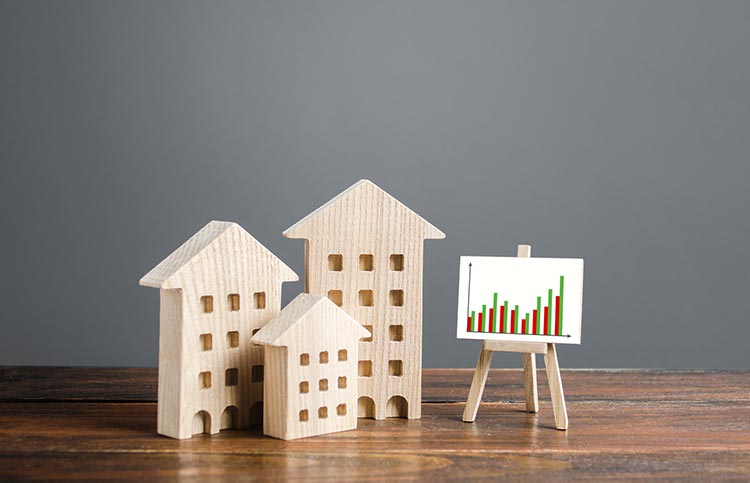Page 5 41 - 50 of 537
Converting a Primary Residence into a Rental Property

Selling your residential property might be a way to generate income. But it’s not the only way. You might also consider converting that primary residence into a rental property.
What Is the Difference Between Single-Family & Multifamily Properties?

There are plenty of property types available for investors who want to build their portfolio with real estate investments. Two of the most popular categories of real estate are single-family and multifamily properties — residential structures that serve as living spaces for tenants.
Can My S Corp Buy My House?

An S corp can be a valuable structure for a business, offering streamlined operations and some potential tax advantages. An S corporation has less than 100 shareholders and can be a sole proprietorship or a larger company. This entity does not pay federal income taxes at the corporate level but instead passes income or losses to shareholders to be reported on their returns. However, some states require S corporations to pay income taxes, including New York and California.
Estate Planning: What It Is, What It Costs, Finding the Right Attorney & More

There’s one eventuality that no one can escape: death. As morbid as it may sound, you have to prepare for your ultimate passing, especially if you have assets that you want to protect or bequeath after you pass away. Planning for the future may be daunting, but there’s a practice that helps streamline this process: estate planning.
What Assets Get a Step-Up in Basis at Death?

Valuing a person’s estate when they die can be a complex issue. This is especially true if they have held certain assets for a long time and those assets have realized significant capital appreciation.
Can I Deduct Remodeling Expenses for a Rental Property?

Owners of rental properties have many different tax deductions available that can help offset their rental income and potentially lower their annual tax liability.
What Is Improvement Value in Commercial Real Estate?

A property’s assessed value is calculated for tax purposes and comprised of improvement value and land value. When speaking of improvement value in commercial real estate, improvements include all accessible buildings and structures on that land, not necessarily that recent improvements have been made.
What Is a Good FFO for a REIT?

One common metric used to measure a stock's financial performance is EPS, or earnings per share. This metric divides a company's net income by the number of outstanding shares. Basically, it lets investors know the value of each share. Investors can determine the company's growth rate by looking at EPS over time.
Page 5 41 - 50 of 537




